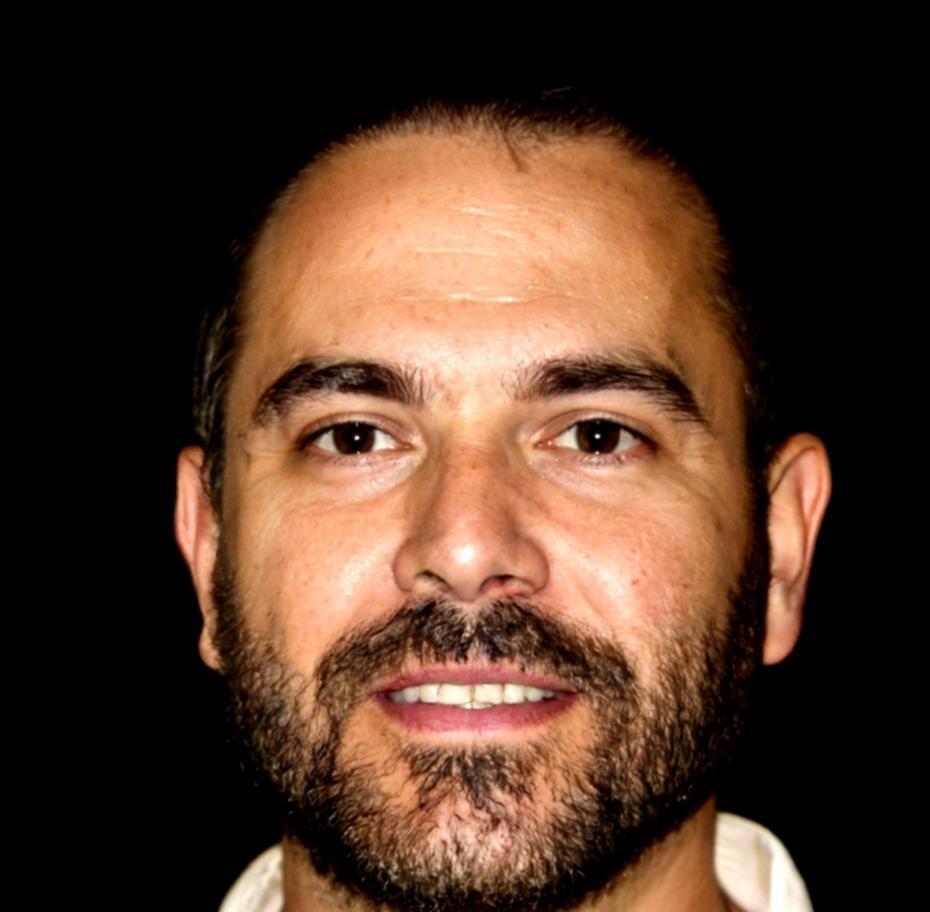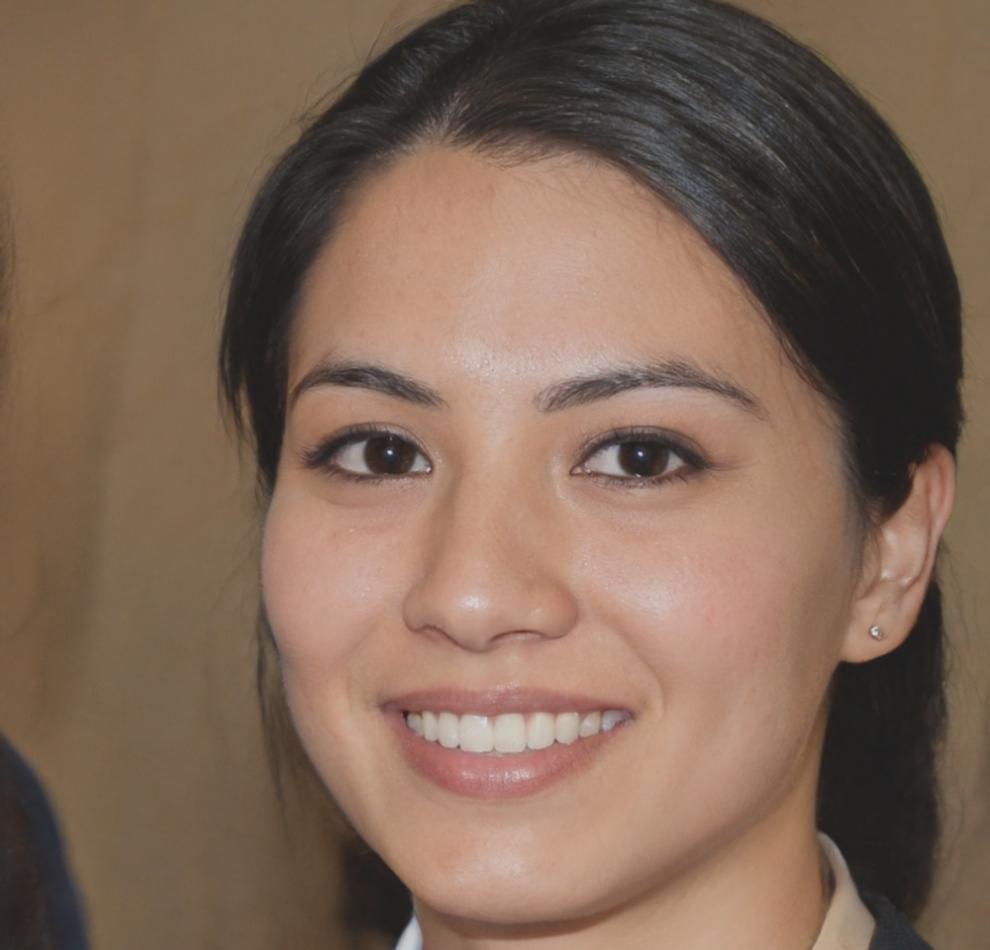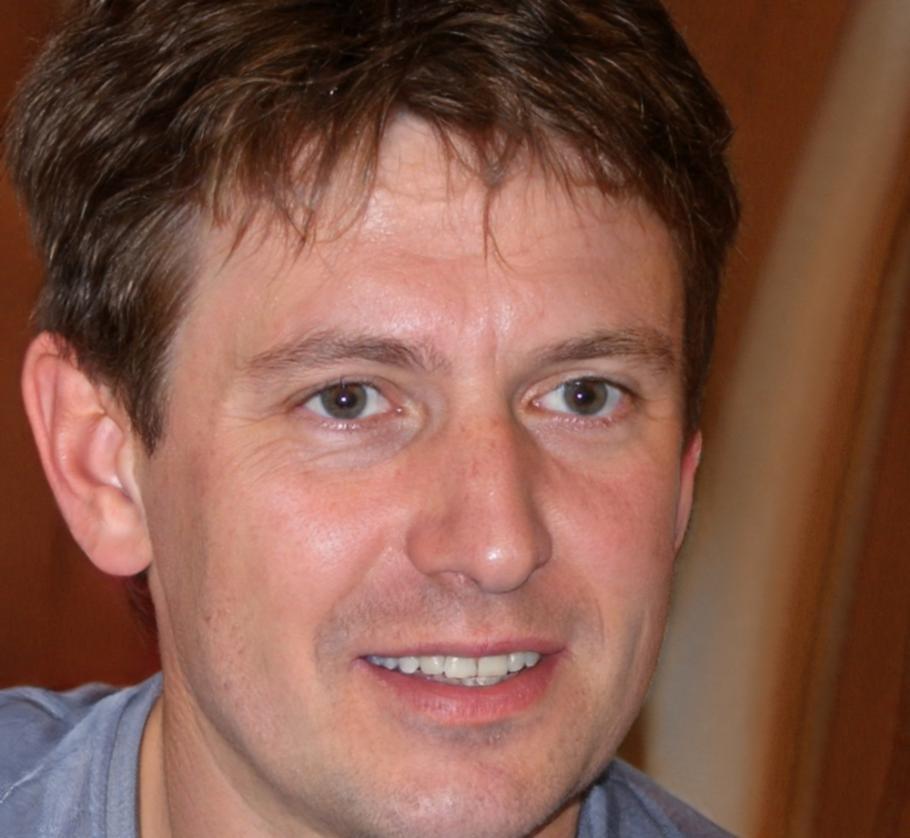Build Financial Skills That Actually Matter
Look, business finance isn't rocket science. But it's not something you can wing either. We've spent years working with Australian businesses that struggled because they didn't understand their numbers.
Our programs focus on practical skills. The kind you'll use next week, not someday. We're talking cash flow management, smart pricing strategies, and financial forecasting that doesn't require a PhD.

How We Actually Teach This Stuff
Most finance courses throw theory at you and hope something sticks. We built our approach around real business situations. You'll work through actual problems companies face, not textbook examples from 1992.
Real Business Context
Every module starts with a scenario pulled from actual client work. You'll see how Australian businesses handle expansion decisions, pricing pressure, or seasonal cash flow challenges. Then we break down the financial thinking behind the solutions.
Interactive Problem Solving
You don't watch someone else do financial analysis. You do it yourself with guided support. Build your own models, make forecasting decisions, and see what happens when your assumptions change. The mistakes you make here won't cost you money later.
Applied Learning Sessions
Twice a month, we review real financial statements from participating businesses (anonymized, obviously). You'll spot issues, suggest improvements, and discuss different approaches. This is where theory becomes intuition.
Different Starting Points, Same Destination
We get it. Some people come to us with accounting backgrounds but no business context. Others run successful companies but get lost in financial jargon. Our pathways adapt to where you're starting from. The next intake begins September 2025, with a second cohort starting February 2026.

Tomas Bergqvist
Financial Strategy

Siobhan Rafferty
Cash Flow Systems

Branimir Kovač
Business Analytics

Elspeth Macleod
Forecasting Models
Fundamentals Track
If financial statements feel like hieroglyphics, start here. We cover the basics without treating you like an idiot. Balance sheets, P&L statements, and cash flow reports become tools you actually understand and use.
Most participants spend 8-10 weeks on this track before moving to applied work. You'll build a solid foundation in financial literacy, then apply it to your specific business context.
Strategic Track
You understand the numbers already. Now you want to use them for better decision-making. This track focuses on financial strategy, forecasting, and growth planning. We skip the accounting lectures and dive into practical application.
Participants typically have some financial background or run established businesses. The pace is faster and assumes you can read a balance sheet without help.
What the Learning Journey Looks Like
We structure programs in phases. Each builds on the previous one, but you can adjust the pace based on your schedule and how quickly concepts click. Most people complete the full program in 5-7 months.
Foundation Phase
Get comfortable with financial language and basic concepts. You'll work through actual business scenarios, learning to read and interpret financial data. By the end, you should be able to look at a set of financials and understand what's really happening.
Application Phase
Now you start applying what you've learned to real situations. Build financial models, create forecasts, and analyze business decisions through a financial lens. We provide feedback on your work and help you develop intuition for financial thinking.
Integration Phase
This is where it gets interesting. You'll tackle complex business challenges that require pulling together everything you've learned. Think expansion decisions, pricing overhauls, or navigating cash crunches. Real problems, no simple answers.
Mastery Phase
The final stretch focuses on your specific business context. You'll develop financial frameworks tailored to your industry and situation. We work one-on-one to help you implement what you've learned in ways that actually make sense for you.
Ready to Stop Guessing About Your Numbers?
Next intake starts September 2025. Places are limited because we keep groups small. Get in touch if this sounds like what you need.
Talk to Us About Your Situation